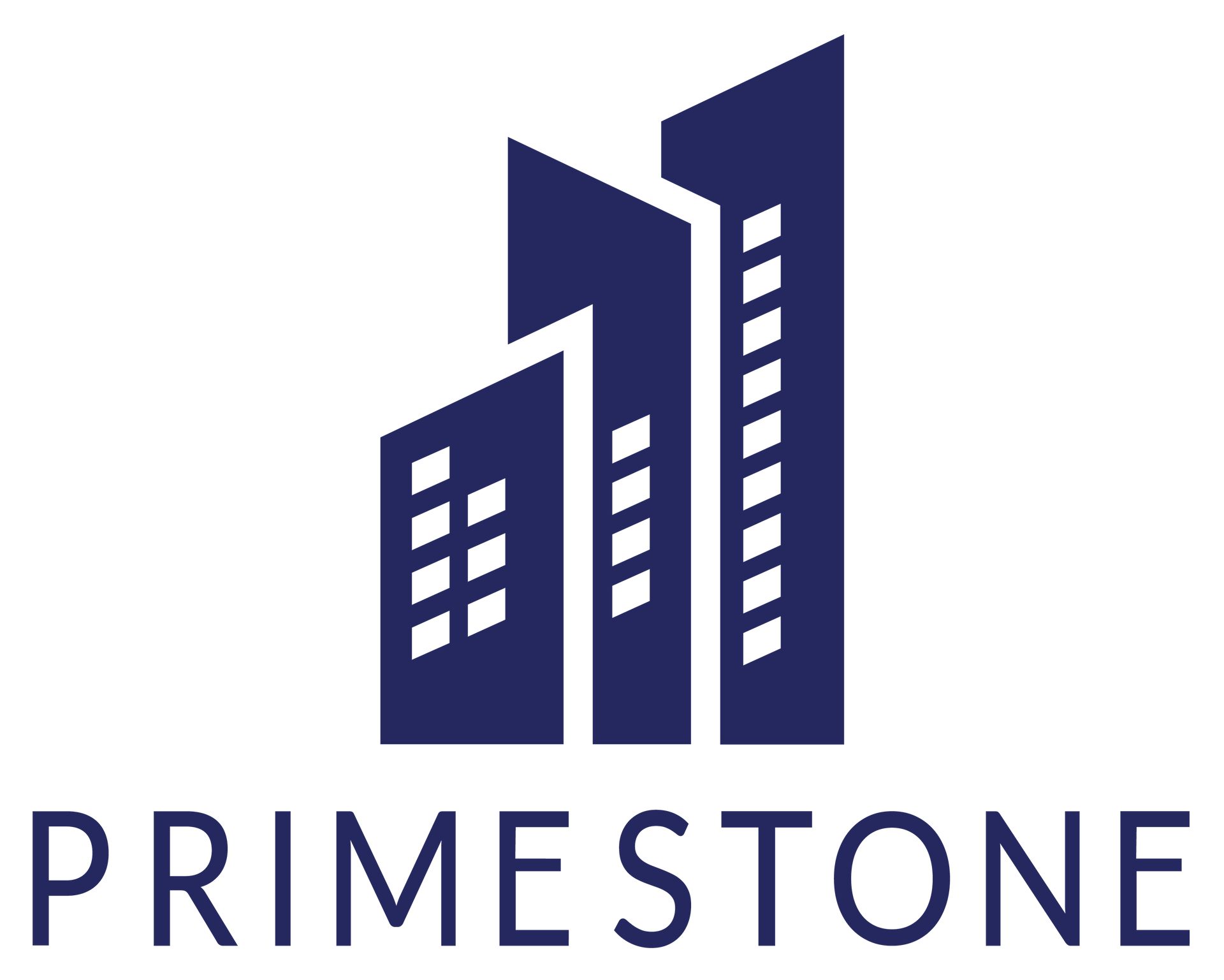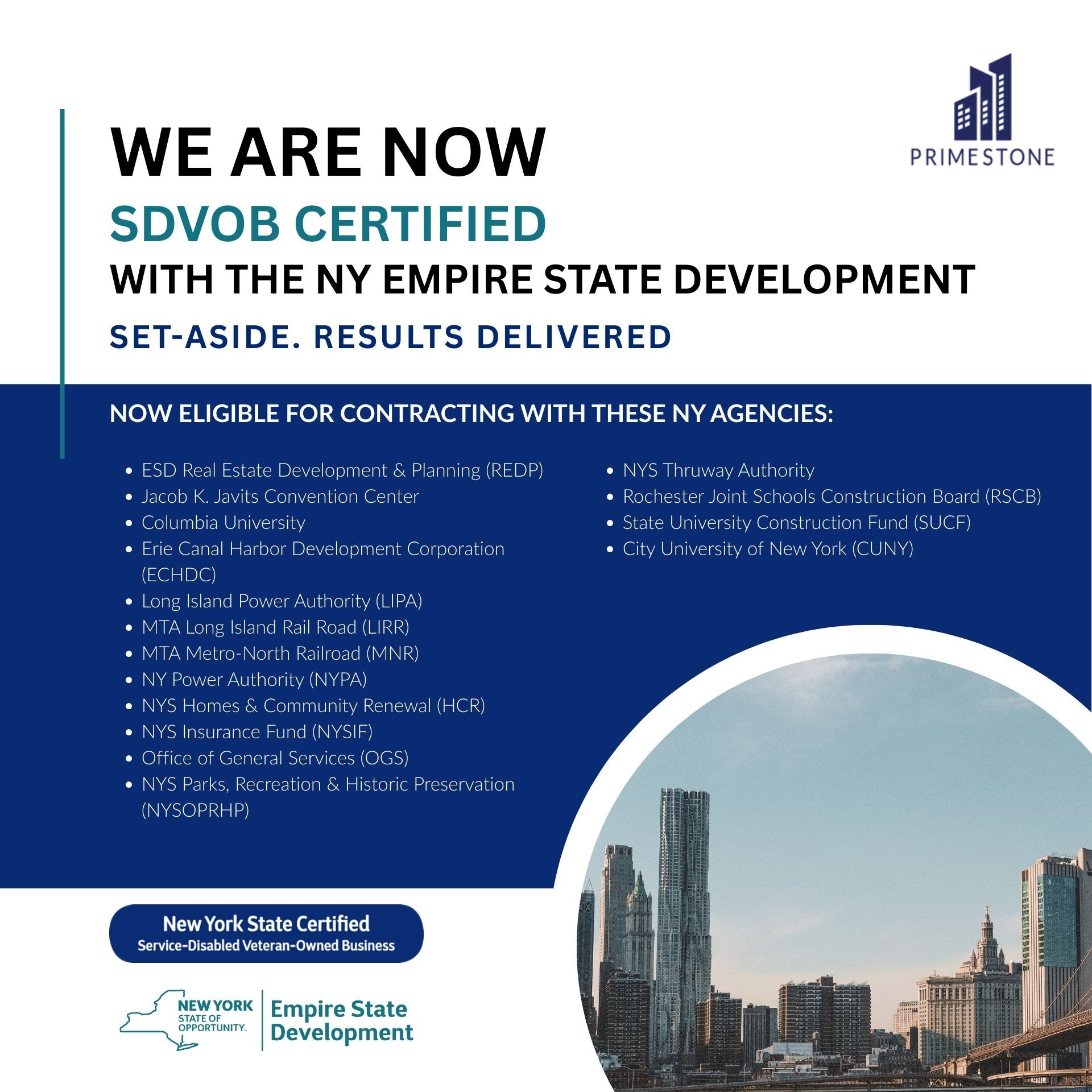Can AI Predict Construction Costs?
Cost Estimation in the Age of AI: Revolutionizing or Risking Accuracy?
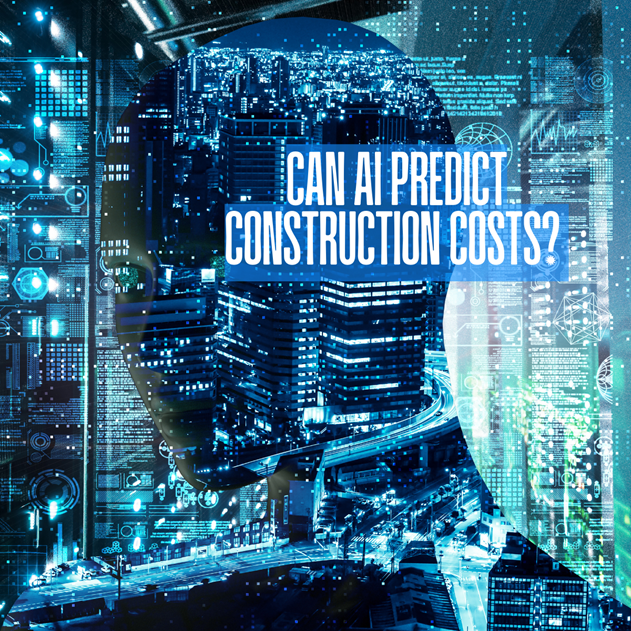
Artificial Intelligence (AI) is already making waves across industries, and construction is no exception. As project owners, architects, engineers, and legal professionals continue to navigate complex disputes, one question arises: is AI a revolutionizing tool for cost estimation, or is it a ticking time bomb waiting to undermine accuracy?
The potential benefits of AI in construction are undeniable. AI’s ability to process massive amounts of data, identify patterns, and provide predictions at unprecedented speeds could save firms significant time and effort. Imagine being able to input a set of plans, historical project data, and local economic indicators to instantly receive a highly accurate estimate of costs for any construction project. For cost estimators, this could be a game changer offering speed, precision, and the ability to forecast costs with greater confidence.
However, there are concerns about how reliable this technology really is when it comes to real-world application. In a sector where margins can be tight and a single miscalculation can result in huge financial consequences, AI's ability to predict costs might sometimes be more of a risk than a revolution. AI systems are only as good as the data fed into them, and even the most sophisticated machine learning algorithms can struggle with unpredictability. Factors like fluctuating labor costs, material shortages, or last-minute regulatory changes can render the AI-generated estimate inaccurate or outdated within days or weeks.
Statistics reveal some sobering facts: in construction, 1 in 3 projects experience cost overruns, and a similar proportion suffer from time delays. The root causes often stem from poor estimation processes or unforeseen changes in scope. While AI can help reduce human error and bias in the initial stages, it still requires constant oversight to ensure that estimators are interpreting the AI’s outputs correctly. Misinterpreting AI predictions could lead to under- or overestimation, ultimately causing major disputes down the line.
For example, a recent study found that when contractors relied solely on AI-based systems for cost estimation, 28% of them reported discrepancies between the estimates and final project costs, many of which were significant enough to cause financial strain and lead to costly litigation. While the technology can offer fast estimations, human experts are still necessary to scrutinize and adjust those estimates, considering complex variables that AI might miss.
Another consideration is the risk of "black box" estimation. With AI models, the process behind the recommendations can sometimes become opaque, making it difficult for cost estimators, project owners, and legal teams to understand why certain numbers or outcomes were suggested. This opacity increases the likelihood of disputes in court when the reasons for specific cost estimations cannot be easily explained or justified. If your AI system isn't transparent, it could open the door for claims of fraud, negligence, or simple misunderstandings.
Despite these challenges, the integration of AI in construction cost estimation doesn't need to be all doom and gloom. For construction stakeholders, including A/E firms and construction law professionals, AI as of today, is best viewed as a tool to assist human judgment rather than a substitute for it. AI can sift through mountains of data faster than any human, but it is the human experts who can use their experience and intuition to ensure that those estimates align with the realities of the project on the ground.
In the world of expert witness work, AI can provide valuable support in analyzing large volumes of project documents, identifying cost discrepancies, and helping legal teams better prepare for arbitration. However, the role of the expert witness will remain critical. As one recent arbitration case highlighted, AI tools helped speed up the discovery process, but the human expert's ability to interpret data, account for complex legal nuances, and provide accurate and profound testimony still made the difference in securing a favorable ruling.
For project owners and firms looking to harness the power of AI, it's crucial therefore to adopt a balanced approach. AI can revolutionize cost estimation by making it faster and more efficient, but it should never replace the critical thinking, oversight, and expertise of seasoned professionals. As the construction industry continues to evolve, those who can successfully combine the precision of AI with the judgment of human experience will emerge as leaders in the field.
As we continue to explore the potential of AI in construction, the question remains: Can we trust AI to handle the high stakes of construction cost estimation, or is it too risky a gamble for our projects? Time will tell, but one thing is certain: cost estimators, legal experts, and construction professionals must remain vigilant and adapt to these changes with caution and foresight.
Interested in finding out more about how experts are using AI in cost estimation? Get in touch: inquiries@theprimestonegroup.com
Let Primestone be your trusted partner in navigating the complexities of modern construction projects.
